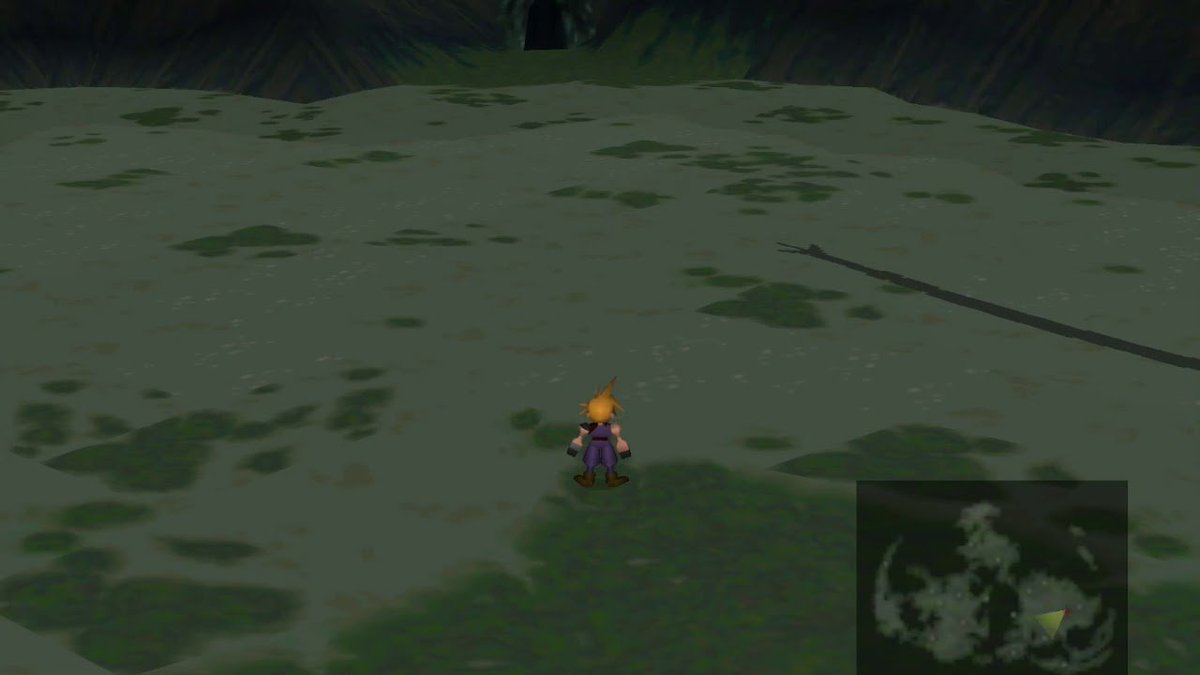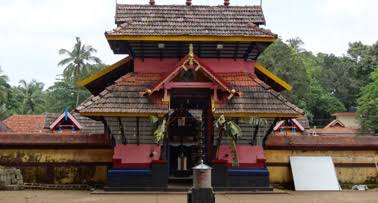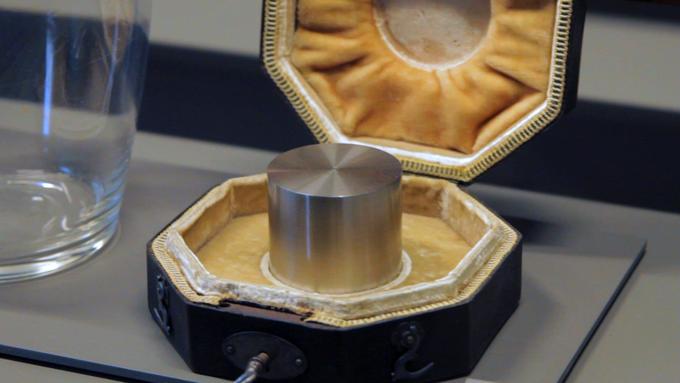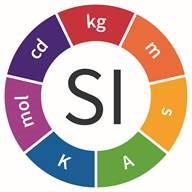Nonetheless, I'll focus on the Moon in this thread.
More from Game
Now that I have a little more time, I'd like to go into detail as to why this is such horseshit.
-39 Seconds- The implication that the PC release was of the quality standard they intended and that's extremely hard to believe. 1/many
-49 Seconds- Leadership Team is deeply sorry (not at fault), don't blame any specific teams (hold onto this one)
-1m42s- Describes a process of making the game look great on PC and then backsliding to "Old Gen" despite the game being announced before PS4/Xbox hardware was known.
-2m11s- Describes the old gen disk bandwith as "it is what it is" Considering the game got announced before those consoles even shipped, its absurd that the entire game was built so far beyond their possible constraints. Also, those consoles put out stuff like Tsushima late gen.
-2m19s- "-our testing did not show a big part of the issues
you experienced while playing the game" This is probably the worst part. Despite telling you not to blame any specific team, the test / QA team, somehow didn't discover the issues with the game.
You don't need to have worked in Dev or QA to know that the game was flying apart at every level (even on PC). The idea that the bug nightmare that ended up shipping seen for example here https://t.co/bgDkfQMVku went under the radar of a PROFESSIONAL QA TEAM is ridiculous.
-39 Seconds- The implication that the PC release was of the quality standard they intended and that's extremely hard to believe. 1/many
Dear gamers,
— Cyberpunk 2077 (@CyberpunkGame) January 13, 2021
Below, you\u2019ll find CD PROJEKT\u2019s co-founder\u2019s personal explanation of what the days leading up to the launch of Cyberpunk 2077 looked like, sharing the studio\u2019s perspective on what happened with the game on old-generation consoles. pic.twitter.com/XjdCKizewq
-49 Seconds- Leadership Team is deeply sorry (not at fault), don't blame any specific teams (hold onto this one)
-1m42s- Describes a process of making the game look great on PC and then backsliding to "Old Gen" despite the game being announced before PS4/Xbox hardware was known.
-2m11s- Describes the old gen disk bandwith as "it is what it is" Considering the game got announced before those consoles even shipped, its absurd that the entire game was built so far beyond their possible constraints. Also, those consoles put out stuff like Tsushima late gen.
-2m19s- "-our testing did not show a big part of the issues
you experienced while playing the game" This is probably the worst part. Despite telling you not to blame any specific team, the test / QA team, somehow didn't discover the issues with the game.
You don't need to have worked in Dev or QA to know that the game was flying apart at every level (even on PC). The idea that the bug nightmare that ended up shipping seen for example here https://t.co/bgDkfQMVku went under the radar of a PROFESSIONAL QA TEAM is ridiculous.




























